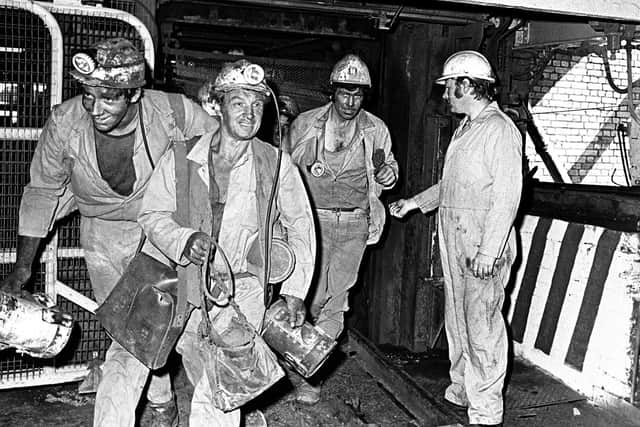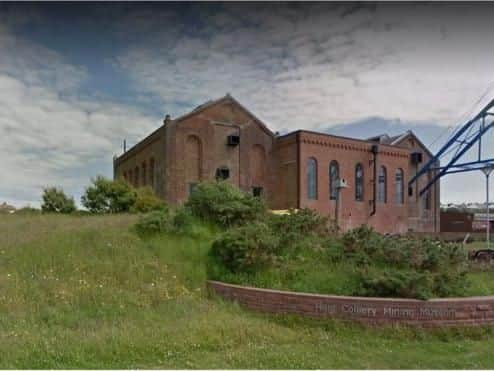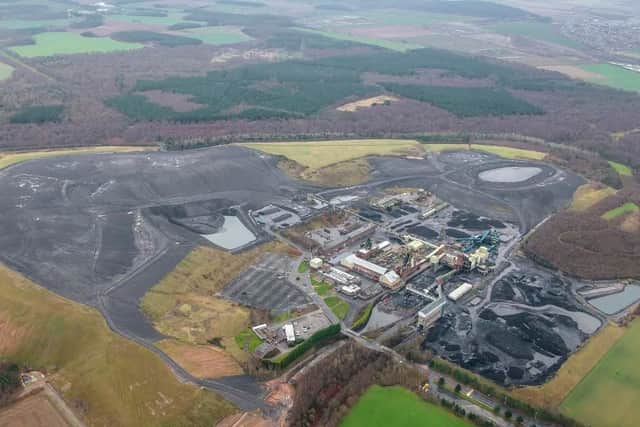First deep mine in decades given go-ahead


More than 500 jobs are set to be created after the £165 million mine has been given the go-ahead under the sea off the Cumbria coast.
And Cumbria County Council heard it could generate double that number of jobs in the supply chain and up to 146 jobs in the construction phase.
Advertisement
Hide AdAdvertisement
Hide AdWest Cumbria Mining wants to extract coking coal off the coast of St Bees, with a processing plant on the former Marchon site at Kells.


IN OTHER NEWS:
Some campaigners shouted “shame on you” as the decision to approve the mine was put to the vote and one woman sat on the floor for several minutes to protest the ruling.


Dr Henry Adams, of South Lakes Action on Climate Change, said the scheme would “totally undermine” Cumbria’s chances of hitting emission targets.
However, Mike Starkie, mayor of Copeland, and Councillor Chris Whiteside spoke of the “desperate” need for jobs in West Cumbria, particularly in deprived wards close to the mine.
Advertisement
Hide AdAdvertisement
Hide AdFinishing his speech to a chorus of "boos", Mr Starkie said: “I do not agree at all with the sensationalised views of the opposition groups who seem to be intent on trying to stop and future opportunities for the people of West Cumbria.
“Once again it seems that people from outside Copeland and West Cumbria know better than those who live within it and it would be very unjust, and highly controversial, if the committee consider those views to carry any weight in this case.”


Work to create Woodhouse Colliery off the west Cumbrian coast was due to kick-off at the end of last year, with the planning application lodged at the end of May 2017.
Mark Kirkbride, West Cumbria Mining chief executive officer, promised the mine would be a “good neighbour” and was committed to creating local jobs for the area.
Advertisement
Hide AdAdvertisement
Hide AdHe stressed that steel demand, for which the coking coal mined is needed, was expected to grow “significantly” over the next 50 years.
He said that the steel was needed by the renewable energy industry and the mine would bring economic benefits to the area.
Mr Kirkbride said that the mine had spent £30m to get the mine to this stage while several speakers praised the way the mine had engaged with the community over its plans.
Under the deal, mine bosses would be asked to pay towards the road network, a cycle path as well and restoration work to former mineworks as part of a raft of improvements to the area.
Advertisement
Hide AdAdvertisement
Hide AdThe panel also heard that this was one of the most complex applications which had been put before the authority.
The UK's last deep mines closed in 2015. Kellingley Colliery, near Ferrybridge, North Yorkshire, closed in the December, after Thoresby pit and Hatfield colliery, near Doncaster, shut in the July.
READ MORE: